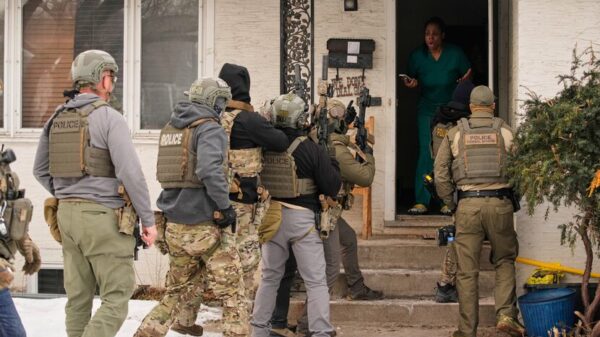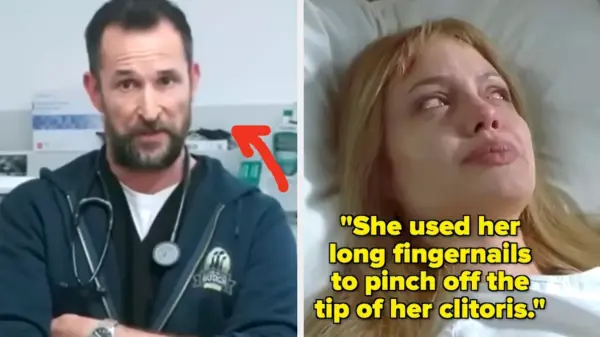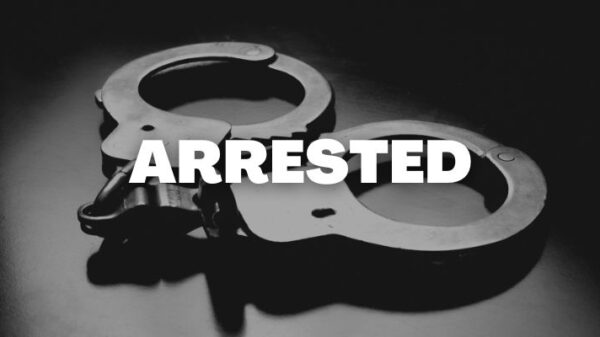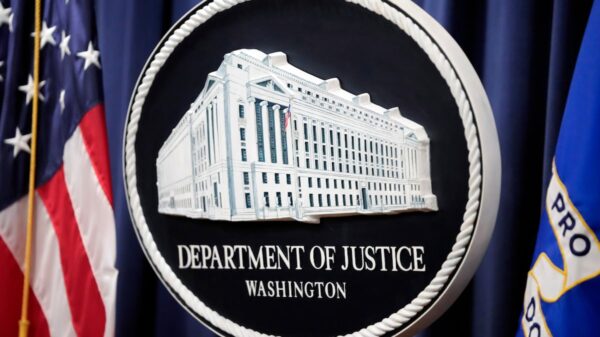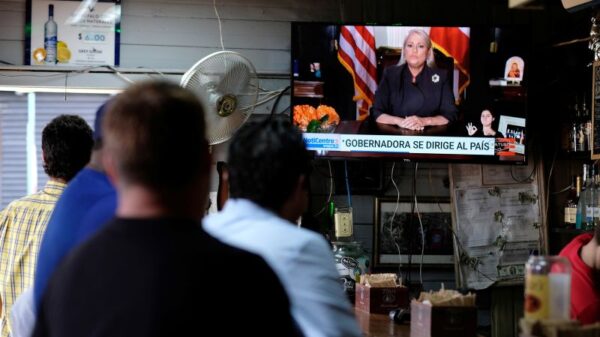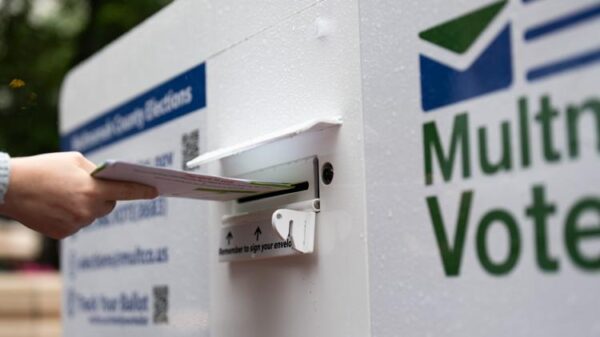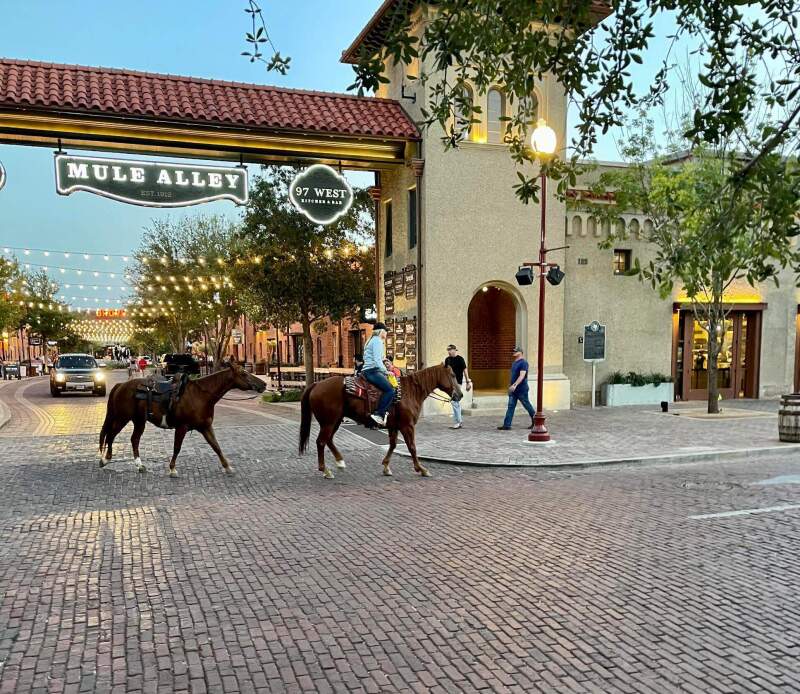North Dakota officials are warning horse owners about a potential exposure to equine herpesvirus (EHV) linked to recent rodeo events in Texas and Oklahoma. Though there are currently no confirmed cases of EHV-1 or equine herpesvirus myeloencephalopathy (EHM) in horses within North Dakota, the situation has raised concerns among local equine communities.
According to the North Dakota Department of Agriculture, several cases of EHM have been confirmed in Texas and Oklahoma, with additional cases and horse fatalities under investigation. North Dakota State Veterinarian Ethan Andress reported that approximately nine horse owners in North Dakota may have animals that were exposed to this virus. Officials managed to contact nearly all of them, except for one owner.
Monitoring and Quarantine Measures
Andress indicated that most of the potentially exposed horses owned by North Dakotans are currently located outside the state, primarily in Texas. The owners contacted often have multiple horses, and, so far, no North Dakota horses have shown signs of illness. Many owners had already begun isolating their animals in response to early reports of the outbreak.
“Everyone’s doing a very good job,” Andress said.
To mitigate further spread, any horses identified as potentially exposed will need to be quarantined for 21 days from the last exposure date. Andress emphasized that this outbreak highlights the risks associated with large equine gatherings. He stated, “It underscores the importance of timely reporting of diseases and ensuring that movement requirements are followed, including veterinary inspection and health certificates prior to travel.”
Precautions Against Disease Spread
EHV-1 spreads through direct contact, airborne transmission, and via contaminated equipment, clothing, and hands. To reduce the risk of contagion, officials recommend avoiding shared food and water containers and preventing nose-to-nose contact between horses. They also reminded horse owners that any horses entering North Dakota must be accompanied by a certificate of veterinary inspection.
“If your horses traveled to Texas, Oklahoma, or other equine events where EHV-1 exposure may have occurred, please contact our office directly,” Andress advised. The State Veterinarian’s Office can be reached at 701-328-2655.
EHV-1 can lead to respiratory disease, abortion, and neonatal death, as well as the neurological form known as EHM. While current vaccines may reduce viral shedding, they do not provide protection against the neurological variant. Agriculture Commissioner Doug Goehring stressed the need for collaboration with local veterinarians on preventive measures for equine health.
While EHV-1 is highly infectious among horses, it does not pose a threat to human health. In May, health officials in Minnesota reported positive cases of equine herpesvirus in horses from Olmsted and Washington Counties, further underscoring the ongoing vigilance necessary in managing this equine health concern.



